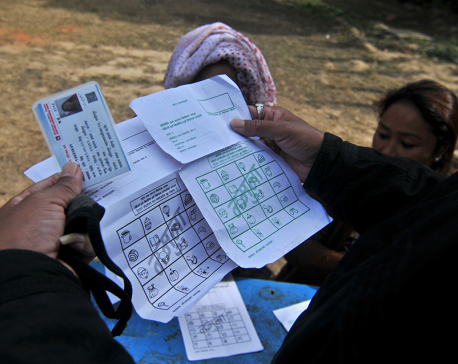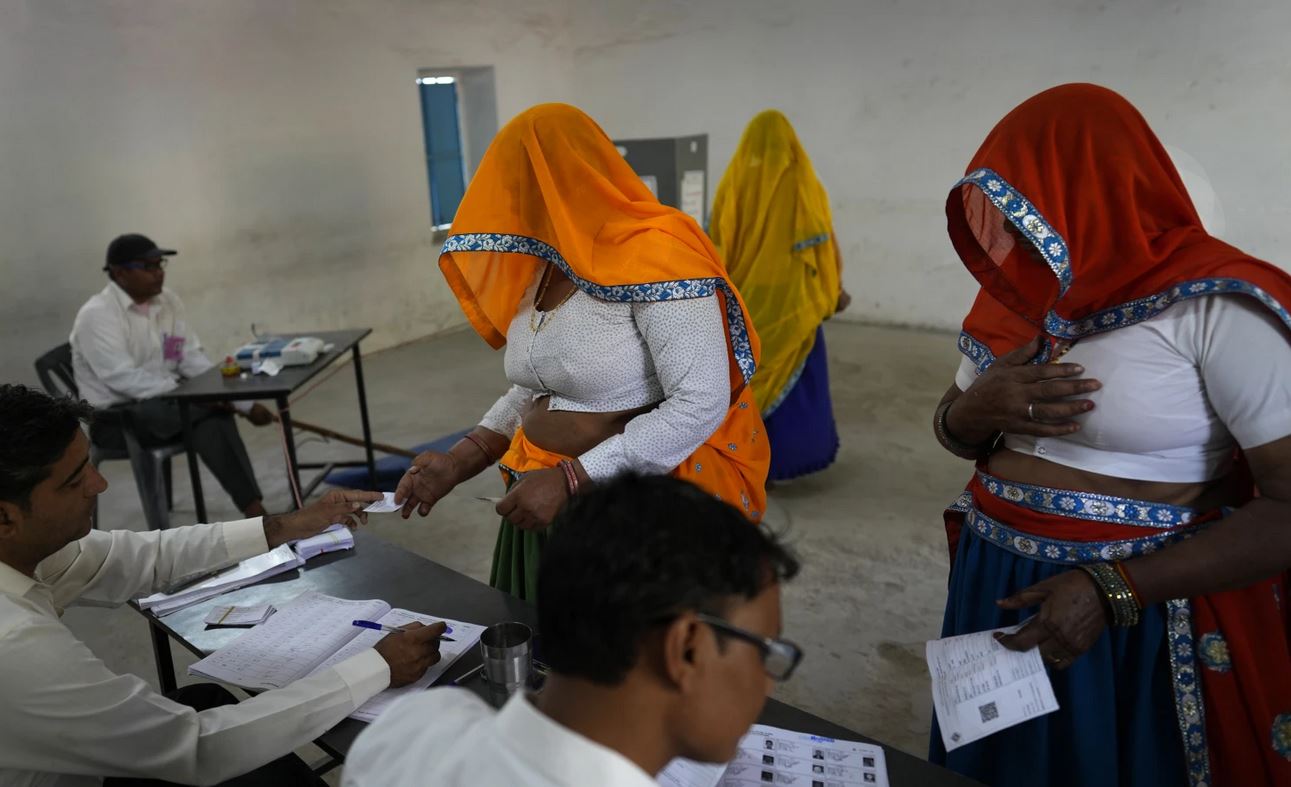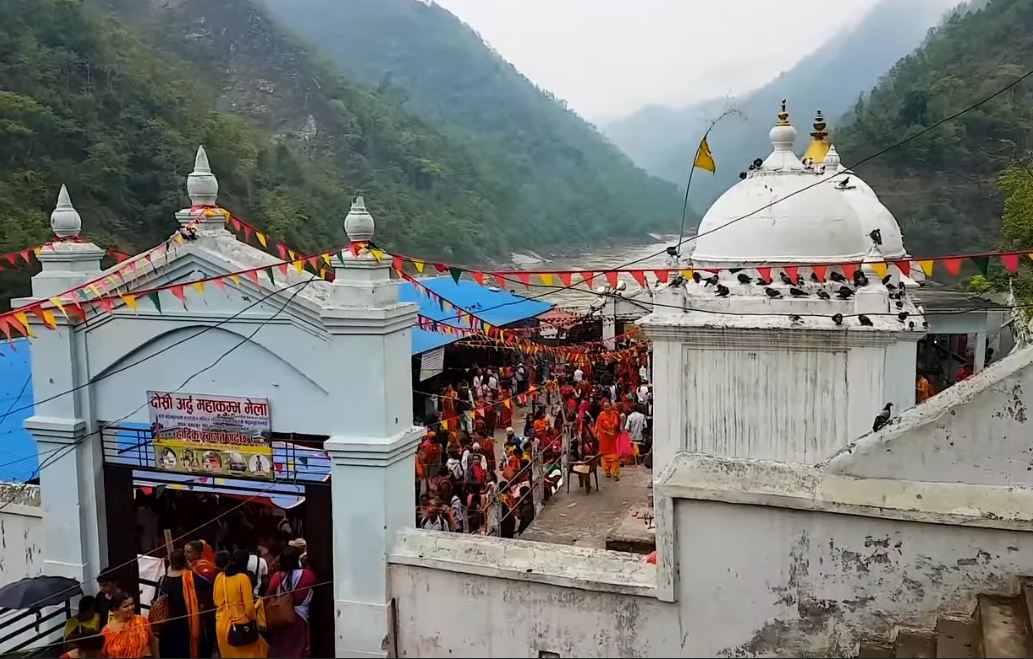
OR
Maoist Center fails to impress urban voters
Published On: May 22, 2017 07:38 AM NPT By: Kosh Raj Koirala | @KoshRKoirala
KATHMANDU, May 21: Although the CPN (Maoist Center) made considerable gains in the local elections as compared to its performance in the Constituent Assembly (CA) election held in 2013, the former rebel outfit seems to have largely failed to impress urban voters.
As vote counting continues in various major cities in Provinces 3, 4 and 6 that went to local polls last week, the ruling Maoist Center does not appear to be headed for much victory, although it is close on the heels of the UML mayoral candidate in Bharatpur Metropolitan City as of Sunday evening.
While Maoist Center failed to bag any post of mayor or chairperson in any of the local units in Lalitpur district except for one in Konjyosom Rural Municipality in the south of the district, the party faced a humiliating defeat in all local units in Bhaktapur district.
Likewise, the party has not been able to win any elected positions except for two ward chairmanships in Chandragiri Municipality in Kathmandu district.
The situation of Maoist Center in major cities outside Kathmandu Valley is similar. While the party trails in Bharatpur Metropolitan City for the mayoral position despite an electoral alliance with Nepali Congress, the largest party in parliament, Maoist Center lags way behind in the ongoing vote count in Pokhara Metropolitan City.
This is in stark contrast to its victories in seven out of the 10 constituencies in Kathmandu district and all three constituencies in Lalitpur district during the first CA election in 2008, barely two years after the party joined mainstream politics following the decade-long armed insurgency. Likewise, Maoist Center bagged most of the election constituencies in Kaski and Chitwan that are considered urban districts like the districts in Kathmandu Valley, in 2008.
Nevertheless, the party’s victories in the race for mayors and deputy mayors in Chautara Muncipality in Sindhpalchowk district, Thaha Municipality in Makawanpur, Madi Municipality in Chitwan, and Musikot Municipality in Rukum, among a few others, have provided some consolation.
How then did urban dwellers become disenchanted with the Maoists?
Experts argue that the Maoists faced defeat in city areas as their activities over the years failed to impress urban dwellers who had given them the benefit of the doubt back in 2008. “Urban dwellers, intellectuals and conscious voters had given the party the benefit of the doubt during the 2008 election. There was both hope and fear,” said political analyst Geja Sharma Wagle.
As the years went by, the Maoists not only became involved in various controversial activities including corruption scandals but also faced a party split ahead of the second CA poll in 2013.
As a result, out of the total of 601 seats in the Constituent Assembly, the Maoists could bag only 84 seats including 26 under first past the post. Although this was a sizeable showing the seats were not for city areas. The number of seats that the Maoists secured in the first CA elections was 237, including 122 under first past the psot.
“Of course, urban voters were opposed to Maoist ideology right since the beginning. As the days passed, the hopes that voters initially had of the Maoists faded,” Wagle further said.
Of the total 283 rural municipalities, municipalities and metropolitan cities in Provinces 3, 4 and 6 that saw local level polls on May 14, Maoist Center has bagged top positions in 46 units as of Sunday evening. This is widely seen as a ‘respectable win’ as compared to the second CA polls in 2013.
Experts attribute this to the positive role that Maoist Center played in the promulgation of the new constitution in 2015 and the success of Prime Minister Pushpa Kamal Dahal in holding the local polls in at least in three provinces despite various odds and uncertainties.
You May Like This

Voters in a fix due to ineffective voter's education
SIRAHA, Dec 6: Ineffective voter education in rural, as well as urban areas of Siraha, as increased the fear of invalid... Read More...

Election agendas fail to impress Birgunj voters
BIRGUNJ, Dec 3: Candidates of the parliamentary and provincial elections spent days to form their agendas and strategies with hopes of... Read More...

Similar agendas of candidates fail to impress voters
KATHMANDU, Nov 16: In every election, voters expect the candidates to come up with new ideas and agendas that can make... Read More...




Just In
- Rainbow tourism int'l conference kicks off
- Over 200,000 devotees throng Maha Kumbha Mela at Barahakshetra
- Indians vote in the first phase of the world’s largest election as Modi seeks a third term
- Kushal Dixit selected for London Marathon
- Nepal faces Hong Kong today for ACC Emerging Teams Asia Cup
- 286 new industries registered in Nepal in first nine months of current FY, attracting Rs 165 billion investment
- UML's National Convention Representatives Council meeting today
- Gandaki Province CM assigns ministerial portfolios to Hari Bahadur Chuman and Deepak Manange






_20220508065243.jpg)








Leave A Comment